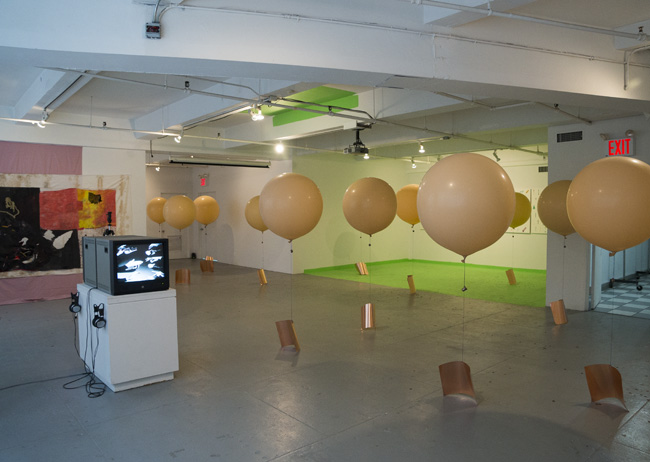

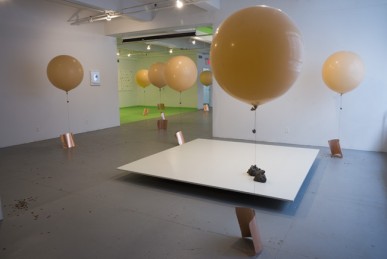
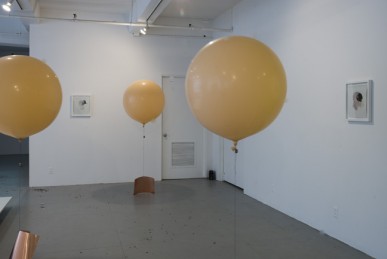
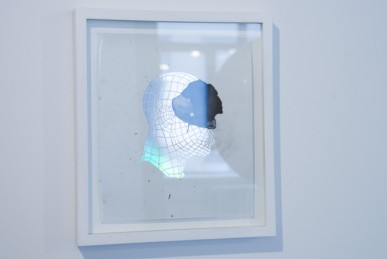
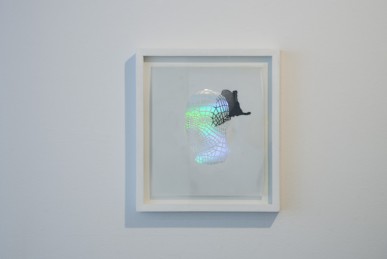
Participating artists Javier Barrios, Tyler Coburn, Regina Galindo, Rodrigo Hernandez, Federico Herrero, Akira Ikezoe, Naufus Ramirez-Figueroa, Chosil Khil, Catalina Leon, Gabriel Lester, Federico Herrero
The School of Nature and Principle was a branch of Neo- Confucianism that came to hold sway during the Korean Joseon dynasty and referred to the firm link established between human nature and metaphysical doctrine. As with many movements within Neo-Confucianism, it sought to resuscitate and re fashion the classical texts of Confucianism in order to apply them, expansively, to addressing contemporary problems. Despite its foundational character based on widely rationalistic and secular forms of Confucianism and its original intention of distancing from any form of spiritual thought, The School of Nature and Principle went on to embrace certain forms of Buddhist practices, shamanism, geomancy and magical thought as well as to propose forms of relation all the way from politics to the familial and intimate spheres. Through some of the propositions, ideas, and also contradictions behind The School of Nature and Principle in relation to ethics, politics, social order, economy and culture, this exhibition seeks to study those fields in contemporary society in relationship to metaphysics and religion. Extrapolating from a carefully considered selection of works and elaborating on a series of multi-media new commission and research-based works, the project looks at the complex links between metaphysics and religion and of these with what we could define as organizational aspects of society. The exhibition also addresses the gradual processes of change and evolution that highly organized thought systems suffer when they encounter reality and indeed as they evolve though the years. In this respect, The School of Nature and Principle suggest an analogy between the transformation of Confucianism and the present time. Shamanism, magical and ritual practices, cosmological knowledge and metaphysical thought are thus considered both in their contribution to the society as well as in their attempt to appease human’s eternal quest for the meaning of life – evaluating the position of metaphysical thought in a time of crisis/change seems of particular. In a moment in which the supremacy of rational thought set forward by the Enlightenment seems to be abating, or at the very least mutating, we cannot but consider other moments in the history of human experience in which a change of paradigm has affected the application of knowledge to the way society functions. The exhibition The School of Nature and Principle speculates with a potential end to the hangover of the Age of Reason and seeks to study deep changes of paradigm in how we understand the world through the very process we are part of. It also intents to shed light on how knowledge is produced today and how it is applied into the management of social aggregation family, relationships, hierarchies) and its tools (societal norms, ethics). Rather than an apology of metaphysics or any religious thought in particular and avoiding the translation of religion into politics, The School of Nature and Principle looks at the impact of these most profound human concerns and at how the need for answers affects the how we relate to one another.
Emiliano Valdes